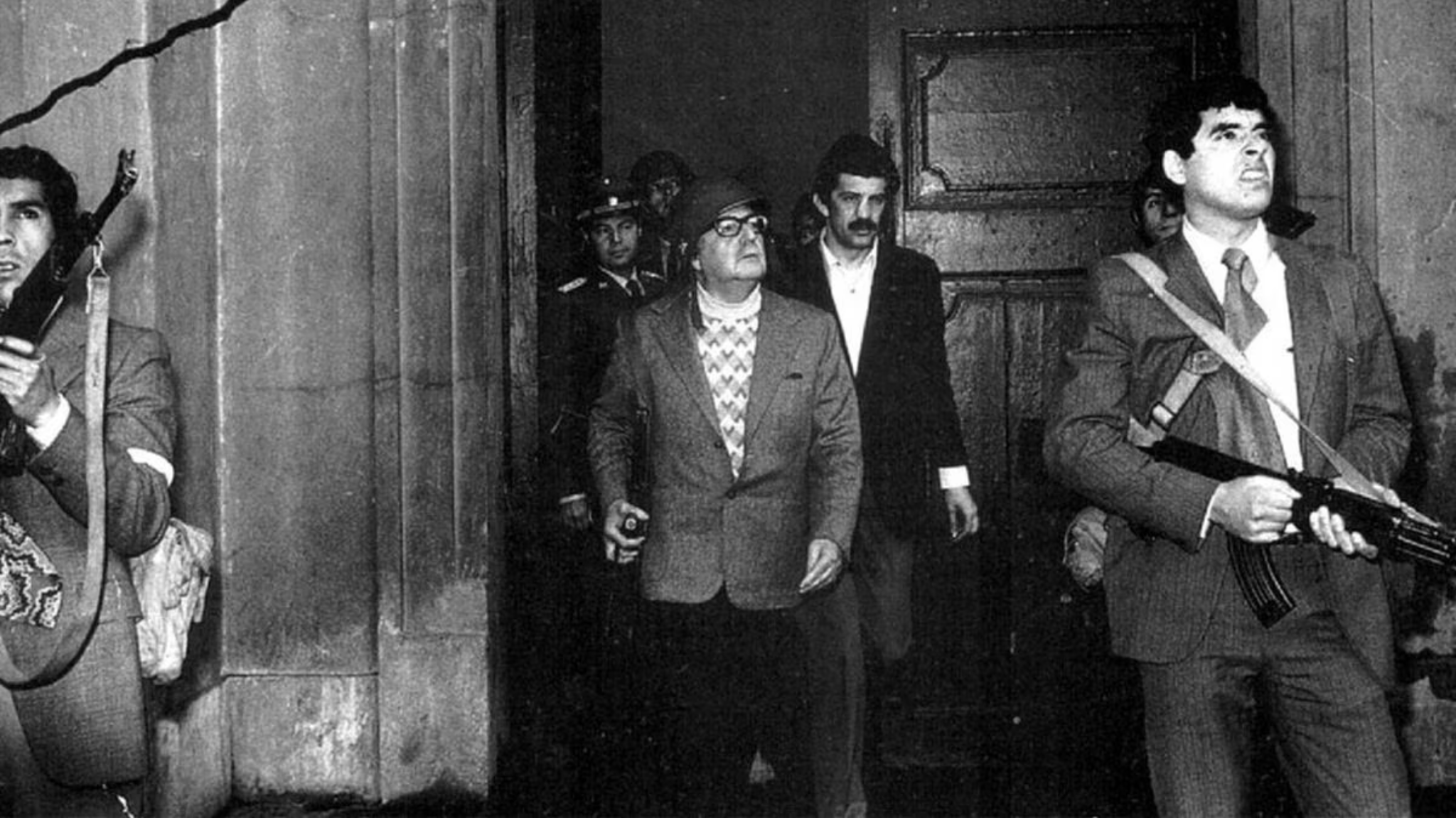
Published 11/09/2023 17:04 | Edited 09/12/2023 16:47
On September 11, 1973, the Armed Forces led by General Augusto Pinochet carried out a coup d’état in Chile, ending the socialist and democratic government of Salvador Allende. This dark event marked the beginning of a dictatorship that lasted 17 years (1973-1990) and left deep scars on Chilean society.
Today, 50 years after the coup, Chile is struggling to come to terms with its dark past and promote legitimacy for the victims of that dark period. The cry of order “Ni perdón, ni forgotten!” (“Neither forgiveness nor forgetfulness!”) has been the voice of those seeking justice against the torturers, murderers and accomplices of the Pinochet regime.
Read too: Chilean museum is a reference in memory and Human Rights
Days before the Chilean civil-military coup turned 50, President Gabriel Boric took a significant step by signing a decree establishing a permanent and systematic national policy to clarify the fate of victims who disappeared during the country’s dictatorship. “We assume as a State, not just as a government, the removal of all barriers to clarify the circumstances of the disappearance and/or death of the victims”, stated the Chilean president during a ceremony at the La Moneda Palace, the seat of the Presidency, in which he was surrounded by politicians, human rights activists and victims’ families.
It is estimated that around 40 million people suffered abuse under the regime, with more than 3,000 of them kidnapped or killed, of which at least 1,162 remain missing. “I am convinced that democracy is the memory and the future, and it cannot be one without the other”, said the president during the ceremony.
Read too: 50 years of the coup in Chile – Memories and reflections of an exile
National Victim Search Plan
O National victim search plan of forced disappearance signed by Boric aims to locate, recover, identify and return the remains of the victims, the majority of the regime’s political opponents or left-wing militants. “The State did not respond to the families, nor to society in general, to provide the answers that the country needs, the missing are missing for all of us”, highlighted the Chilean head of State.
One of the most complex challenges this policy faces is “reconstructing the trajectories of victims of forced disappearance, including their detention and abduction to their final destination”. For decades, victims’ families were responsible for searching for the missing, finding the remains of just 307 people. Now, the Chilean government assumes responsibility for leading these efforts, also guaranteeing families’ access to information obtained during the search process.
Read too: The Allende government and the 50th anniversary of the coup: from dream to tragedy
“We are not driven by resentment, but by the conviction that the only possibility of building a future that is freer and more respectful of life and human dignity is to know the whole truth”, explained the Chilean president when launching the national plan.
“The Chilean State never gave an explanation or showed deference to the wives, sons and daughters, mothers and fathers, grandchildren and granddaughters of the disappeared, while their families desperately searched,” said the president of the Association of Relatives of Detained and Disappeared Persons (AFDD), Gaby Rivera. The AFDD leader highlighted the president’s “political will” and insisted on the monitoring that family groups will do to implement this plan.
Read too: An unforgettable goal against Pinochet
Furthermore, at the initiative of the government of Boric, a former left-wing student leader, four former Chilean presidents, Eduardo Frei Ruiz-Tagle, Ricardo Lagos, Michelle Bachelet and Sebastián Piñera, have already signed the document that gained the informal name of Commitment to Santiago, in which they committed to defending democracy, human rights and the rule of law in the face of authoritarian threats and intolerance.
Memory
The Chilean government is promoting a series of events to mark the 50th anniversary of the coup, including exhibitions, marches, debates and official ceremonies. The proposal is to generate a “space for meeting and reflection around memory, democracy and the future”. Heads of State from other Latin American countries were also invited to participate and submit a statement that highlights the importance of caring for historical memory, including Brazil, which will be represented by the Minister of Human Rights and Citizenship, Silvio Almeida; by the executive secretary of the Ministry of Culture, Márcio Tavares, and by the special advisor for the Defense of Democracy, Memory and Truth, Nilmário Miranda, as President Lula is in India, participating in the G20 Summit.
Read too: Fifty years ago, in Santiago de Chile
These initiatives seek not only to remember a dark period in Chilean history, but also to ensure that future generations understand the importance of democracy, historical memory and the search for truth in order to prevent events like these from ever happening again.
__
with agency information
Source: vermelho.org.br

